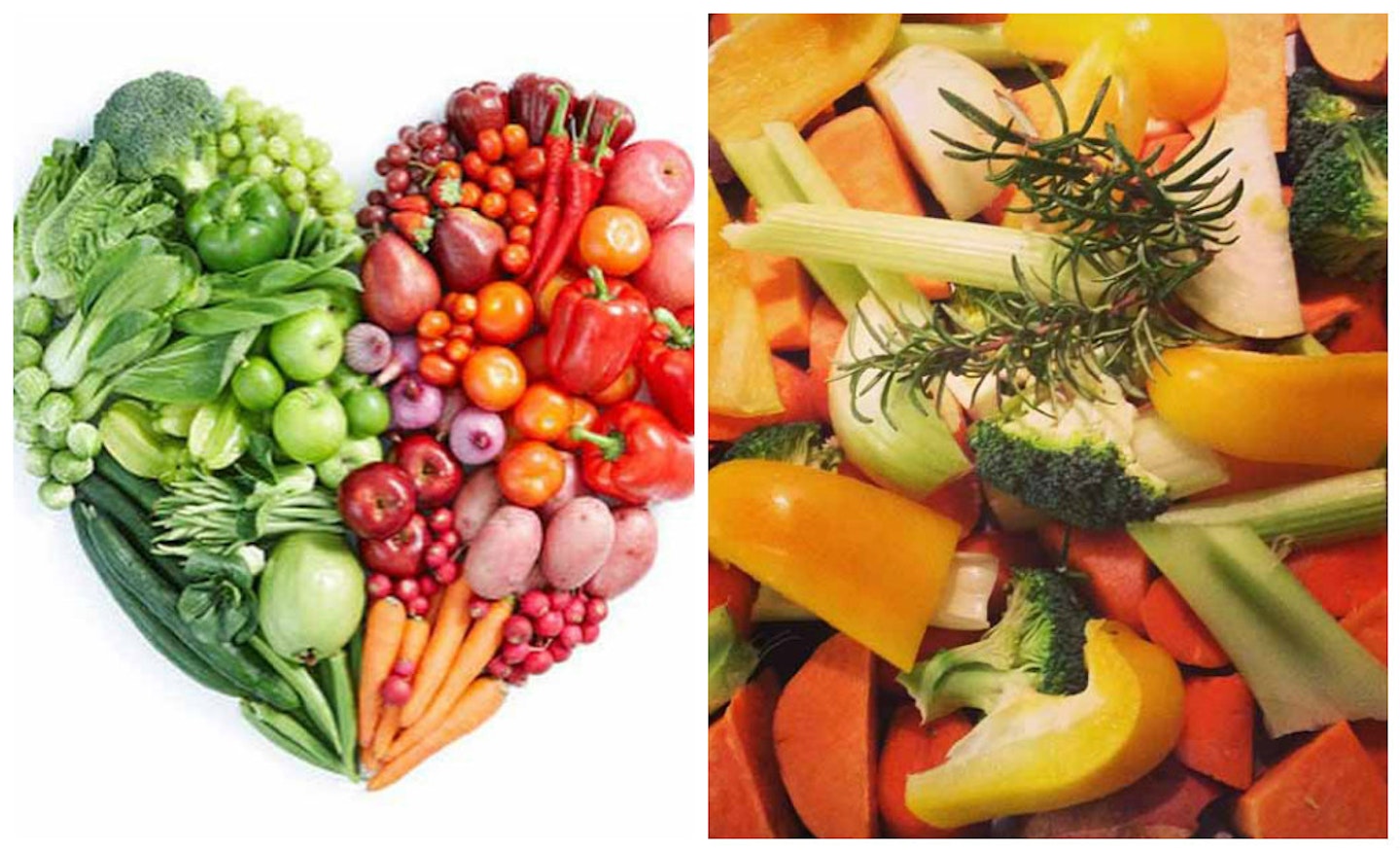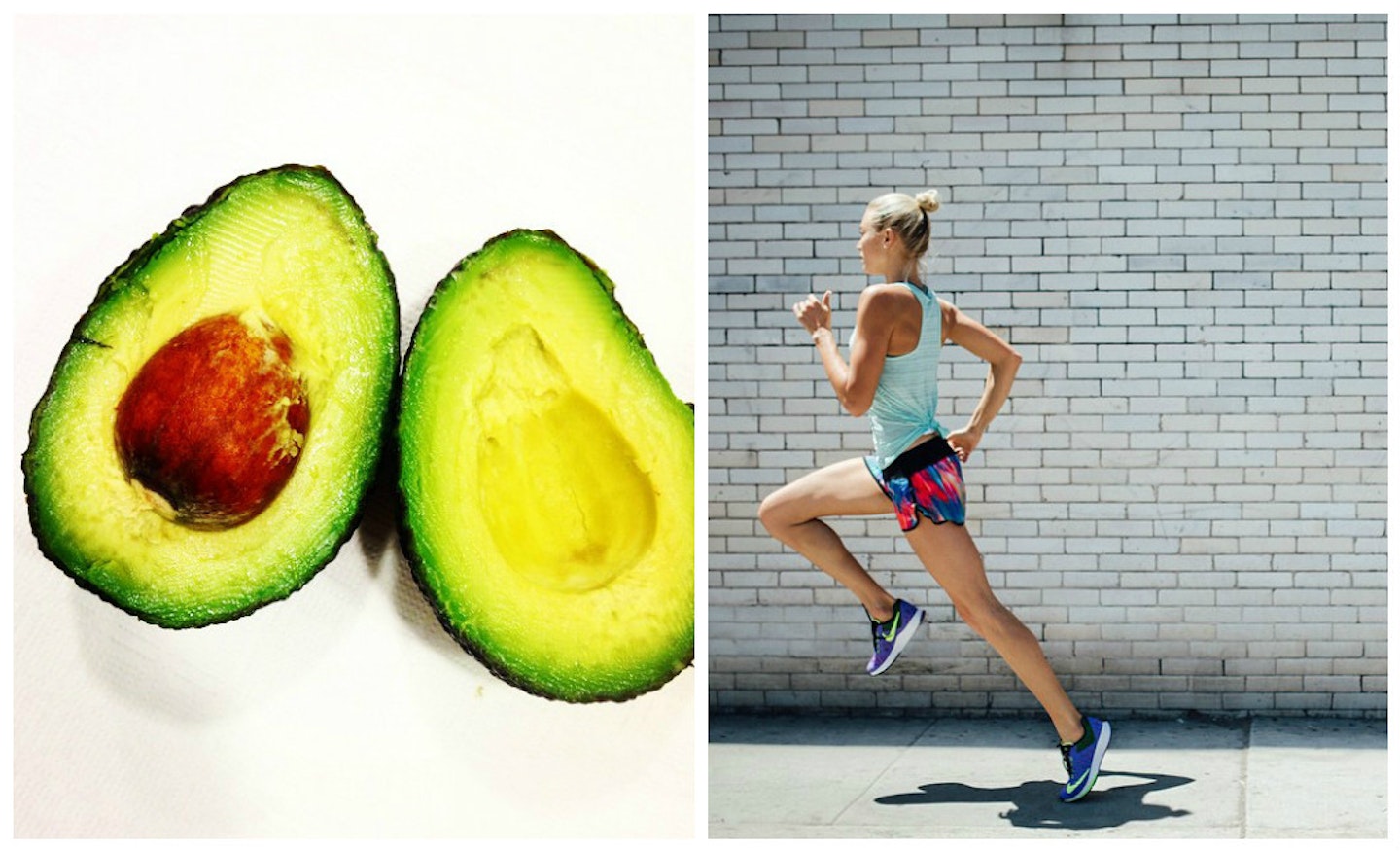With more people reporting that they suffer from digestive issues, we decided that it was time to address the less-than-glamorous and little-discussed issue head on. Help came courtesy of Kalatin Cziranku, Colonic Hydrotherapist and Gut Expert at Grace Belgravia London. Over the last 16 years Katalin has worked as a bowel health specialist and detoxification expert, helping more than 12,000 people regain their health through restoration of their bowel function.
1) Please can you introduce yourself?
My name is Katalin Cziranku and my mission is to save the world one colon at a time, through my unique healing method of bowel-reshaping, which identifies structural problem areas and corrects these deformations by returning them to their most workable form.
2) How do you define a healthy gut and why is it so important to maintain its health?
The gut is a second brain of your body; it contains 85% of your IMUNE tissue, 95% of your seratonin production and your blood stream feeds directly from it. Without knowing, the average person carries between 5 to 25 pounds of trapped digestive waste in the colon, which when reabsorbed, becomes a source of disease. A healthy colon is a happy colon, which should ideally produce as many bowel movements a day as proper meals eaten and in my experience, this is one of the most essential ingredients to a optimally functioning digestive system.

3) Which features of modern life interfere with the digestive system?
So many things! Stress, aeroplane flights, unbalanced emotions, food that is eaten too fast, lack of exercise, water and fiber from fruits and vegetables. Also fast and fried food including red meat and white flour based foods - I call them the 'filler' foods: (wheat products, noodles, wraps) and alcohol to name but a few.
4) What are the warning signs that your digestive system isn’t functioning well?
Irregular or insufficient bowel movements and symptoms such as bloating, abdominal pain, weight gain, mood swings and depression, skin conditions, allergy reactions, lethargy and lack of vitality, headaches and tiredness, halitosis, strong body odour and dehydration!

5) Which foods promote a healthy tummy?
Plenty of natural fiber based on a diet made up of 70% of fresh fruits and vegetables. Also lots of still water and alkalising super foods such as super-green powders, aloe vera juice, coconut water and fermented foods like sauerkraut.
6) Which foods and drinks should be avoided?
I recommend eating light and nutritious foods, and being mindful of consuming plenty of fresh fruits and vegetables. As much as you can, avoid overconsumption of heavy protein based foods including red meat, cows cheese and milk and creams as well as white flour based 'filler' foods.

7) What is mindful eating and how can it help the digestive system?
Mindful eating has many facets; firstly remember that you are always responsible for choosing the food you consume - nobody is forcing it down in your throat. Secondly have clarity about the nature of your food, (e.g. is it wheat, red meat, sugar etc?) so that you can be aware of what goodness it will give you. Digestion starts as soon as you put food in your mouth too, so bear in mind that proper chewing is vital. Lastly, be mindful that drinking whilst eating will dilute the digestive juices in your stomach and simply wash food down before it can be properly digested.
8) What are probiotics and how can they boost gut health?
Probiotics are essential friendly gut bacterias, which help to boost your digestive and IMUNE system. In my clinical practice I regularly administer specific colon probiotic implants at the end of a colonic treatment. Optibac, Biocare and BioKult are all great options.

9) Is there a link between exercise and the digestive system?
There is a strong link between bowel health and exercise. Exercise can increase the colon's ability to contract and cause vital bowel movements. Moreover, many elite athletes use colon hydrotherapy for lightness, clarity, better speed, endurance and stamina. During treatment your tummy immediately regains a better, slimmer shape.
10) And last but not least…?
We have all heard the saying 'you are what you eat'. While this is true, my clinical experience makes me want to raise the bar and argue that you are what you don’t eliminate too!
